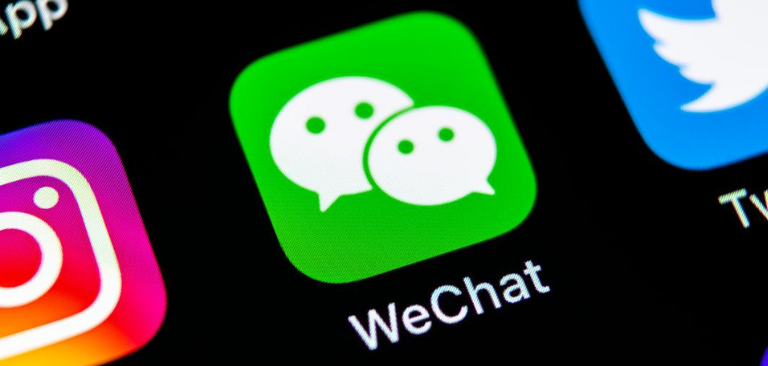As if “homegrown” censorship carried out through major US apps and by the companies behind them wasn’t enough of a potential threat to freedom, users of China’s giant, Tencent owned WeChat, are also finding out they are censored – in the US, this time by the Chinese government.
A report in the Washington Post recently explained how the Chinese do it and managed to reach even WeChat users who live in the US. The Chinese censors are accused here of tracking and identifying content that they disagree with or is critical of the only authority that’s allowed – the Chinese Communist Party. What follows is that these users get blocked, even if they are physically located in North America.
Specifically, their posts appear to be some form of shadow-banned – invisible to other users. This means that a user can see their own WeChat account populated by their posts, but if trying to access the same account from a different device, and registered in the US – the account appears empty.
The Washington Post’s findings are similar to what we found back in November of 2019 during the Hong Kong protests – Americans who supported the protesters were getting censored on the app.
The purpose of all this is to make sure that any posts WeChat users located in North America might be sharing with their contacts in China – and whose content censors over there disapprove of – simply “disappear” along the way.
Furthermore, some of what’s said to be dozens of WeChat users in the US and Canada shared with the Post that messages critical of Beijing resulted in effective bans of their accounts when they found out they had been locked out and unable to use them.
Some of these dozens told the publication that the way to deal with censorship would be to ban the app. Others think that pressure should be put on the app to stop with the practice.
One of the named sources in the story, Tiananmen Square survivor Yang Jianli, is quoted as saying, “Sue it, punish it, fine it” – meaning, WeChat in the US.
Reports now say some of this Beijing-flavor censorship is reminiscent of how Silicon Valley is applying its own, but also that President Trump’s attempt to get rid of at least WeChat was blocked by a US judge in September. The judge’s main argument? First Amendment free speech protections against censorship.
If you're tired of censorship and dystopian threats against civil liberties, subscribe to Reclaim The Net.









